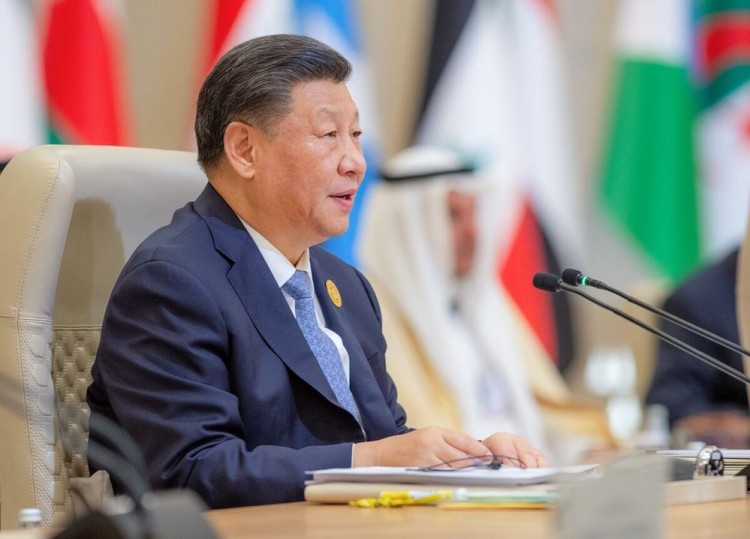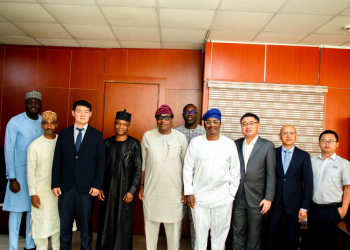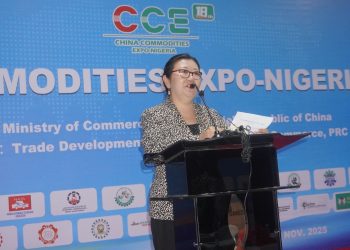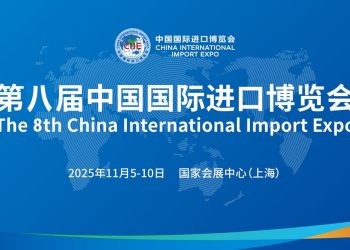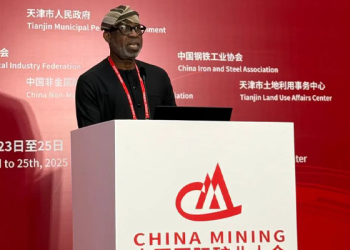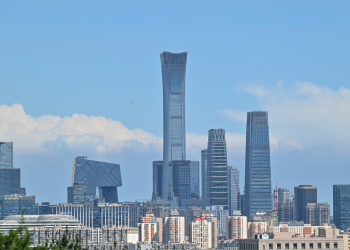President Xi Jinping will meet with Arab leaders this week, aiming to deepen China’s ties in a region where it has significant business interests and is increasingly wielding diplomatic influence.
Xi will address the China-Arab States Cooperation Forum in Beijing on Thursday, with heads of state from Egypt, the United Arab Emirates, Bahrain, and Tunisia among the attendees. The talks are expected to focus on the fast-growing trade and investment between China and the Arab world, as well as regional security concerns amid the ongoing Israel-Hamas conflict.
While the Biden administration has firmly backed Israel in the latest escalation of the long-running conflict, China has aligned itself with the Arab nations, supporting an immediate ceasefire and recognition of a Palestinian state. This alignment is helping Beijing extend its political sway in the region, where countries have traditionally seen China as primarily an economic partner.
“China is developing soft power in the region,” said Shirley Yu, director of the China-Africa Initiative at the London School of Economics. “The relationship extends to mutual political support at the existing US-led global institutions, as well as new ones like BRICS, which China co-founded.”
China’s economic and diplomatic influence in the Middle East has been growing steadily in recent years. Trade between China and the region has increased tenfold over the past two decades, and China has become a major source of investment and a crucial market for the region’s oil exports.
Last year, China brokered a surprise accord between regional rivals Saudi Arabia and Iran, a move that has helped maintain stability in the region even amid the strains caused by the Gaza war. The kingdom and China have also been in talks for a $1.5 billion Saudi Aramco stake in a Chinese petrochemical firm, while Chinese carmaker China FAW Group is part of a push to manufacture electric vehicles in Egypt.
However, the US remains the key security partner for many Gulf Arab states, with major military bases in countries like Bahrain and Qatar, and a supplier of defense technology. Washington is also pursuing a new defense accord with Saudi Arabia that could be part of a wider regional realignment, in which the Saudis would grant diplomatic recognition to Israel.
This project could slow China’s commercial advance in the Middle East by raising hurdles in high-tech sectors with a security element. There are signs that the US is pressing Gulf firms to cut ties with Beijing in such fields, with the UAE’s top AI firm, G42, recently agreeing to divest from China and pivot to American technology.
“The Gulf is moving from strategic hedging in the tech sphere to strategic alignment with the US,” said Ahmed Aboudouh, an associate fellow at the UK think tank Chatham House.
Still, there will be plenty of other industries where Gulf countries will welcome a wider partnership with Beijing, including renewable energy, electric vehicles, and infrastructure investments. For China, the crucial import remains oil, with more than one-third of its crude coming from members of the Gulf Cooperation Council, led by Saudi Arabia.
“Saudi Arabia will not put all its eggs in one basket,” said Hongda Fan, a professor of Middle East studies at Shanghai International Studies University. “Saudi Arabia’s defense cooperation with the US will not come at the expense of its relationship with China.”





























